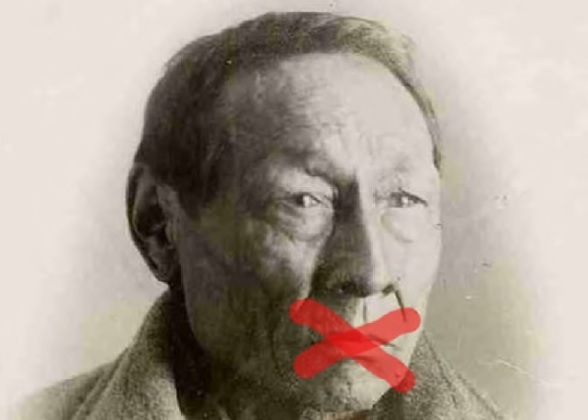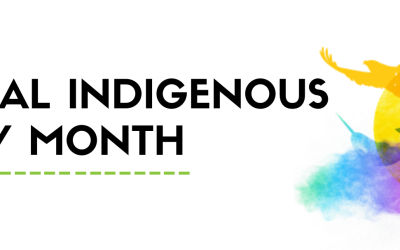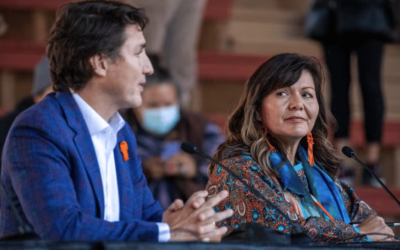The federal government is moving full-speed ahead to dramatically reform the relationship between the Crown and Canada’s Indigenous people through a new Indigenous Rights, Recognition and Implementation Framework and through a suite of legislative changes. However, the voices of the people who will be most directly affected by these changes—ordinary Indigenous people—are nowhere to be heard.
In the early 1970s, the federal government selected and funded four Aboriginal Representative Organizations (AROs) to exclusively represent Status Indians, Inuit people, Native women, and for Métis and non-Status Indians. The AROs and band governments, already beholden to Indian Affairs (IA) for their power and funding, were further co-opted when IA employed them to administer a rapidly expanding array of IA programs on IA’s behalf. They were accountable to IA, not the people, yet the people were denied any other means to make their voices heard at the federal level.
Ordinary Indigenous people continue to live with the social pathologies that are the consequences of systemic powerlessness. The most fundamental evidence of their powerlessness is the fact that the means for empowerment of individuals, written into the historic treaties more than 150 years ago, has yet to be honoured. Until ordinary Indigenous people have the resources—outside the control of the 50-year-old power triad of IA, the AROs and band governments—to developtheir own independence and their own organizations, they will remain silenced.
Language note: For simplicity, the acronym IA refers to the department responsible for administering the Indian Act in its various iterations, from the historical Indian Affairs branch to the current Indigenous and Northern Affairs Canada.
View the entire PDF version with footnotes here: FB125_Silence of the People_OC1718_F3



